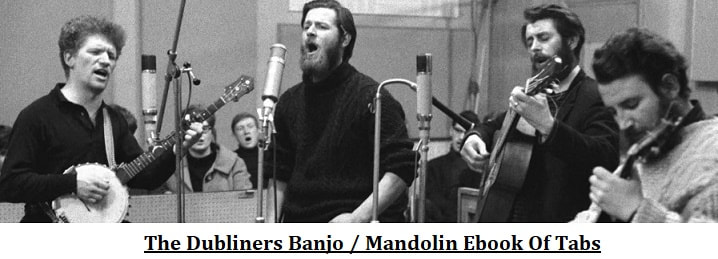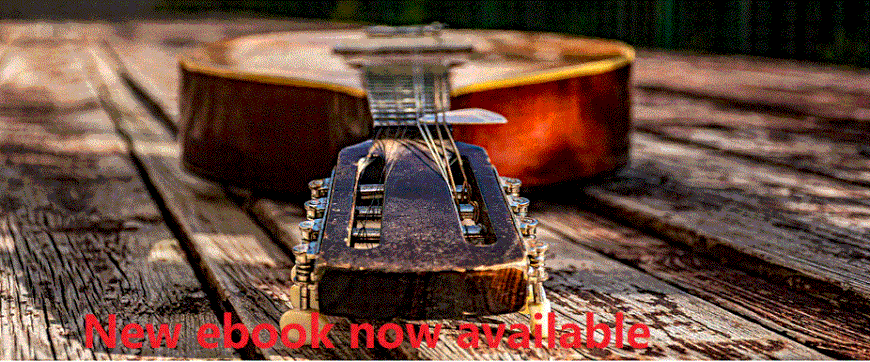Free Bird Lynyrd Skynyrd Mandolin And Guitar Tabs
Free Bird Lynyrd Skynyrd Mandolin / Tenor Banjo And Fingerstyle Guitar Tabs In The Key Of G Major
The song 'Free Bird' by the American rock band Lynyrd Skynyrd has become an iconic and timeless classic, transcending generations and still resonating with listeners over four decades after its initial release in 1973. The song's enduring popularity and cultural significance can be attributed to its powerful lyrics, dynamic instrumentation, and emotional depth, making it a standout in the band's discography and in the history of rock music. Through an exploration of its origins, musical elements, and lyrical themes, this thesis will delve into why 'Free Bird' continues to captivate audiences and hold a special place in the hearts of music lovers worldwide.
The origins of 'Free Bird' can be traced back to the early days of Lynyrd Skynyrd, when the band was still known as My Backyard and was performing in the Jacksonville, Florida area. The song was written by lead vocalist Ronnie Van Zant and guitarist Allen Collins, inspired by their experiences with love, loss, and the desire for freedom. As Van Zant stated in an interview, ''Free Bird' is just a story about a guy that doesn't want to be in a relationship, he wants to be free like a bird.' This personal and relatable theme resonated with listeners, as the song's popularity grew with each live performance.
One of the defining characteristics of 'Free Bird' is its instrumental arrangement, which showcases the band's exceptional musicianship and ability to seamlessly blend multiple genres. The song begins with a slow, melodic guitar intro, gradually building up to a powerful and energetic climax. This structure, known as a 'power ballad,' was not a common style for rock bands at the time, making 'Free Bird' a trailblazer in its genre. The guitar solos, performed by Collins and fellow guitarist Gary Rossington, are a highlight of the song, with their intricate and masterful playing adding to the emotional impact of the lyrics. The use of a piano and organ in the second half of the song also adds depth and complexity to the instrumentation, creating a multi-layered and dynamic sound.
In addition to its musical elements, 'Free Bird' is also renowned for its poignant and meaningful lyrics. The song's opening lines, 'If I leave here tomorrow, would you still remember me?' set the tone for the rest of the song, which explores the idea of leaving behind a legacy and being remembered after death. This theme is further emphasized in the chorus, with the repeated refrain 'And this bird you cannot change' serving as a reminder of the inevitability of change and the human desire for freedom. The lyrics also touch upon themes of love and heartache, with lines such as 'Love is just too damn hard to find' and 'But if I stayed here with you, girl, things just couldn't be the same' expressing the complexities and struggles of relationships.
Furthermore, the emotional impact of 'Free Bird' is heightened by the tragic events that surrounded its release. In 1977, just four years after the song's debut, a plane carrying the band crashed, resulting in the deaths of Van Zant, guitarist Steve Gaines, and backup singer Cassie Gaines. This tragedy only added to the song's emotional weight and solidified its place as a tribute to the band's legacy. In the years following the crash, 'Free Bird' became a symbol of resilience and perseverance, with audiences often requesting the song as a tribute to the band's fallen members.
In conclusion, 'Free Bird' is a timeless and powerful song that has stood the test of time and continues to resonate with listeners of all ages. Its origins, musical elements, and lyrical themes all contribute to its enduring popularity and cultural significance. Through its dynamic instrumentation, poignant lyrics, and emotional depth, 'Free Bird' has cemented its place as a classic in the history of rock music, and will continue to do so for generations to come.
The origins of 'Free Bird' can be traced back to the early days of Lynyrd Skynyrd, when the band was still known as My Backyard and was performing in the Jacksonville, Florida area. The song was written by lead vocalist Ronnie Van Zant and guitarist Allen Collins, inspired by their experiences with love, loss, and the desire for freedom. As Van Zant stated in an interview, ''Free Bird' is just a story about a guy that doesn't want to be in a relationship, he wants to be free like a bird.' This personal and relatable theme resonated with listeners, as the song's popularity grew with each live performance.
One of the defining characteristics of 'Free Bird' is its instrumental arrangement, which showcases the band's exceptional musicianship and ability to seamlessly blend multiple genres. The song begins with a slow, melodic guitar intro, gradually building up to a powerful and energetic climax. This structure, known as a 'power ballad,' was not a common style for rock bands at the time, making 'Free Bird' a trailblazer in its genre. The guitar solos, performed by Collins and fellow guitarist Gary Rossington, are a highlight of the song, with their intricate and masterful playing adding to the emotional impact of the lyrics. The use of a piano and organ in the second half of the song also adds depth and complexity to the instrumentation, creating a multi-layered and dynamic sound.
In addition to its musical elements, 'Free Bird' is also renowned for its poignant and meaningful lyrics. The song's opening lines, 'If I leave here tomorrow, would you still remember me?' set the tone for the rest of the song, which explores the idea of leaving behind a legacy and being remembered after death. This theme is further emphasized in the chorus, with the repeated refrain 'And this bird you cannot change' serving as a reminder of the inevitability of change and the human desire for freedom. The lyrics also touch upon themes of love and heartache, with lines such as 'Love is just too damn hard to find' and 'But if I stayed here with you, girl, things just couldn't be the same' expressing the complexities and struggles of relationships.
Furthermore, the emotional impact of 'Free Bird' is heightened by the tragic events that surrounded its release. In 1977, just four years after the song's debut, a plane carrying the band crashed, resulting in the deaths of Van Zant, guitarist Steve Gaines, and backup singer Cassie Gaines. This tragedy only added to the song's emotional weight and solidified its place as a tribute to the band's legacy. In the years following the crash, 'Free Bird' became a symbol of resilience and perseverance, with audiences often requesting the song as a tribute to the band's fallen members.
In conclusion, 'Free Bird' is a timeless and powerful song that has stood the test of time and continues to resonate with listeners of all ages. Its origins, musical elements, and lyrical themes all contribute to its enduring popularity and cultural significance. Through its dynamic instrumentation, poignant lyrics, and emotional depth, 'Free Bird' has cemented its place as a classic in the history of rock music, and will continue to do so for generations to come.








